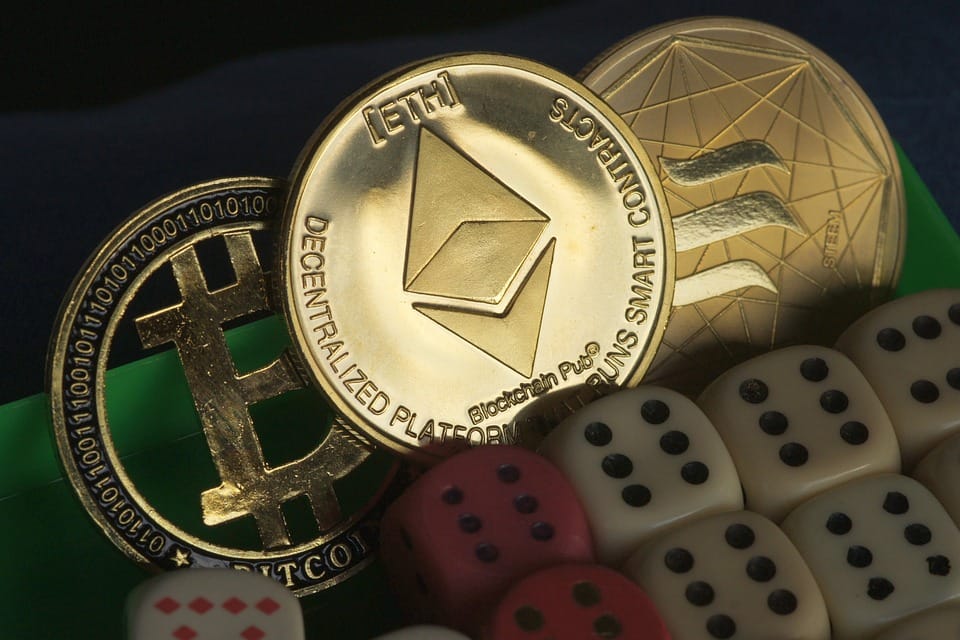Ethereum’s Scalability Solutions: How Sharding, zk-SNARKs, and Optimism Will Make Ethereum Faster
As the world’s largest and most widely used blockchain platform, Ethereum has been facing the challenge of scalability, which has hindered its ability to handle the growing demand for decentralized applications (dApps). With the increasing popularity of decentralized finance (DeFi) and non-fungible tokens (NFTs), Ethereum’s limited block size and transaction capacity have become a significant bottleneck, leading to high gas prices and slow transaction processing times.
To address these scalability issues, Ethereum is implementing several solutions, including sharding, zk-SNARKs, and Optimism. These solutions will not only improve the performance of the Ethereum network but also enable it to handle a much larger number of users and transactions, making it a more viable option for mainstream adoption.
Sharding: The First Solution
Sharding is a significant upgrade to the Ethereum network that allows it to process a much larger number of transactions simultaneously. This is achieved by dividing the Ethereum blockchain into multiple smaller chains, known as shards, each with its own set of nodes. Each shard can process its own set of transactions independently, reducing the overall load on the network and increasing its capacity.
Sharding is designed to be highly flexible and scalable, allowing it to adapt to the growing demand for transactions on the Ethereum network. Each shard can be configured to handle a specific number of transactions per block, making it easier to manage and maintain the overall performance of the network.
zk-SNARKs: The Second Solution
zk-SNARKs (Zero-Knowledge Succinct Non-Interactive Argument of Knowledge) is a scaling solution that enables zero-knowledge proofs (zk-SNARKs) to be used on the Ethereum network. This technology allows for secure and private transactions, ensuring that user data remains confidential without compromising the integrity of the blockchain.
zk-SNARKs are particularly useful for DeFi applications, such as lending platforms and decentralized exchanges, which require secure and confidential transactions. By using zk-SNARKs, these applications can process transactions more efficiently and securely, without compromising the integrity of the Ethereum network.
Optimism: The Third Solution
Optimism is a scaling solution that uses a technique called Optimistic Rollups to bundle multiple transactions into a single transaction, reducing the number of transactions that need to be processed on the Ethereum network. This approach makes it possible to handle a much larger number of transactions without increasing the block size, which is a major limitation of the current Ethereum network.
Optimism is designed to be highly flexible and adaptable, allowing it to scale seamlessly with the growing demand for transactions on the Ethereum network. It is also highly secure, using advanced cryptography to ensure the integrity of the transactions being processed.
Conclusion
In conclusion, sharding, zk-SNARKs, and Optimism are three significant scalability solutions that will transform the Ethereum network, making it faster, more secure, and more adaptable to the growing demand for decentralized applications and transactions. These solutions will enable the Ethereum network to handle a much larger number of users and transactions, making it a more viable option for mainstream adoption.
FAQs
- What is sharding?
Sharding is a process of dividing the Ethereum blockchain into multiple smaller chains, allowing for more efficient processing and greater capacity. - What are zk-SNARKs?
zk-SNARKs (Zero-Knowledge Succinct Non-Interactive Argument of Knowledge) is a technology that enables zero-knowledge proofs to be used on the Ethereum network, allowing for secure and private transactions. - What is Optimism?
Optimism is a scaling solution that uses Optimistic Rollups to bundle multiple transactions into a single transaction, reducing the number of transactions that need to be processed on the Ethereum network. - How will these solutions affect the Ethereum network?
These solutions will significantly increase the capacity and performance of the Ethereum network, making it more accessible and usable for a wider range of users and applications. - When will these solutions be implemented?
The solutions are being actively developed and tested, with the first implementations expected to be rolled out in the near future. - How will these solutions affect gas prices?
Gas prices are expected to decrease significantly with the increased capacity and performance of the Ethereum network, making it more accessible and cost-effective for users. - How will these solutions affect the overall security of the Ethereum network?
The solutions are designed to maintain and improve the security of the Ethereum network, using advanced cryptography and secure protocols to protect transactions and ensure the integrity of the blockchain.
By understanding the scalability solutions being implemented on the Ethereum network, users can rest assured that the platform is continuously evolving and improving, making it a more reliable and accessible option for mainstream adoption.

Leave a Reply